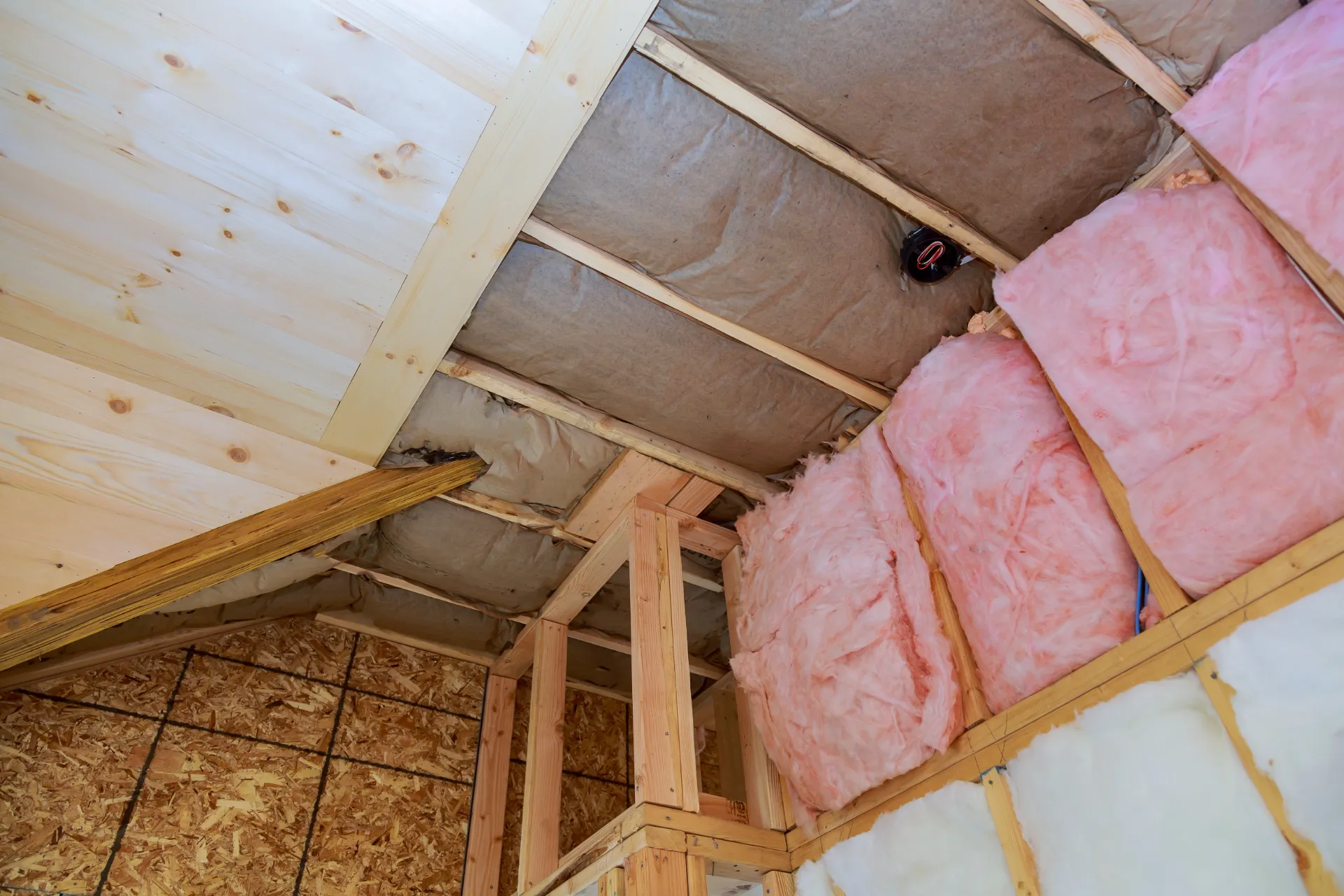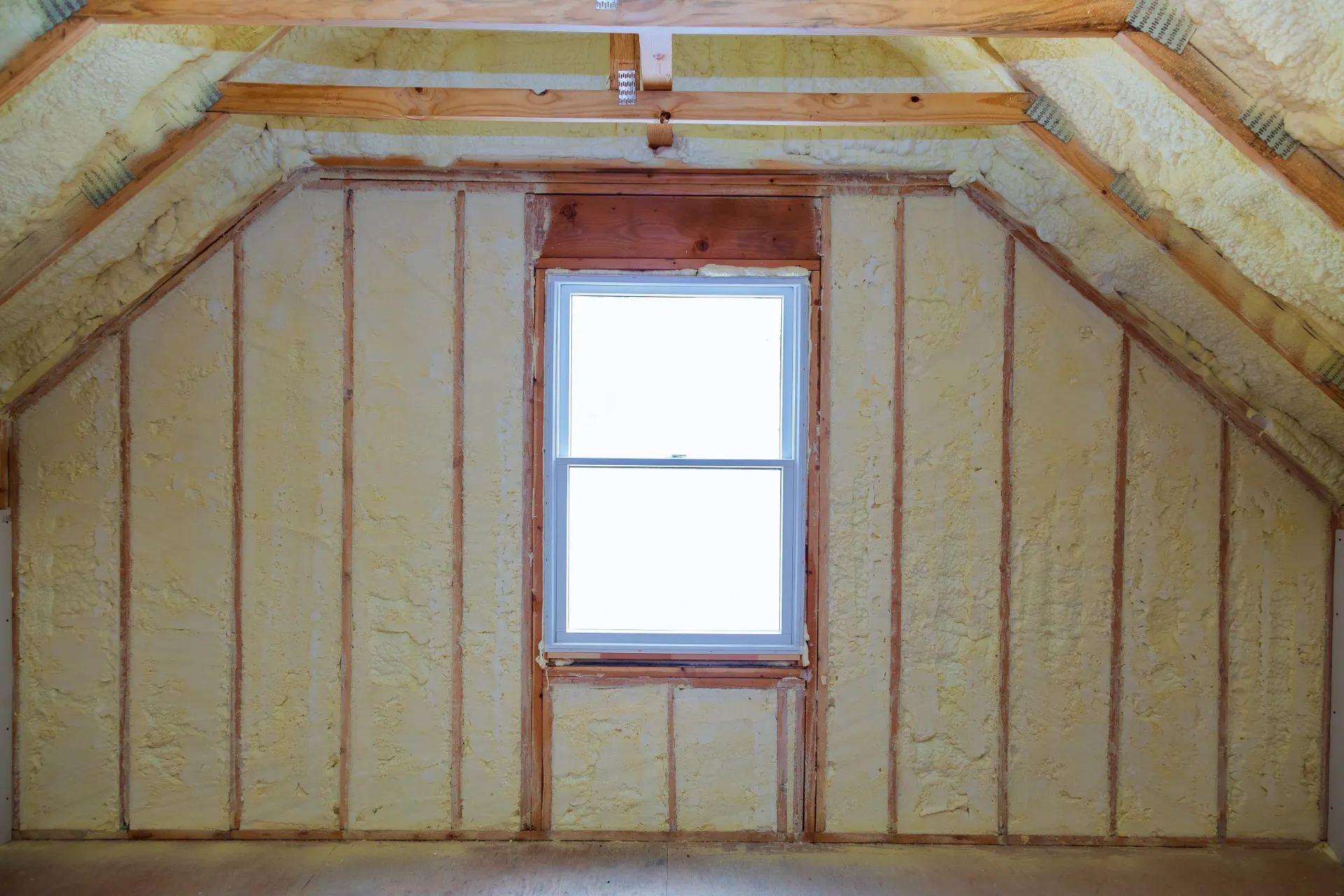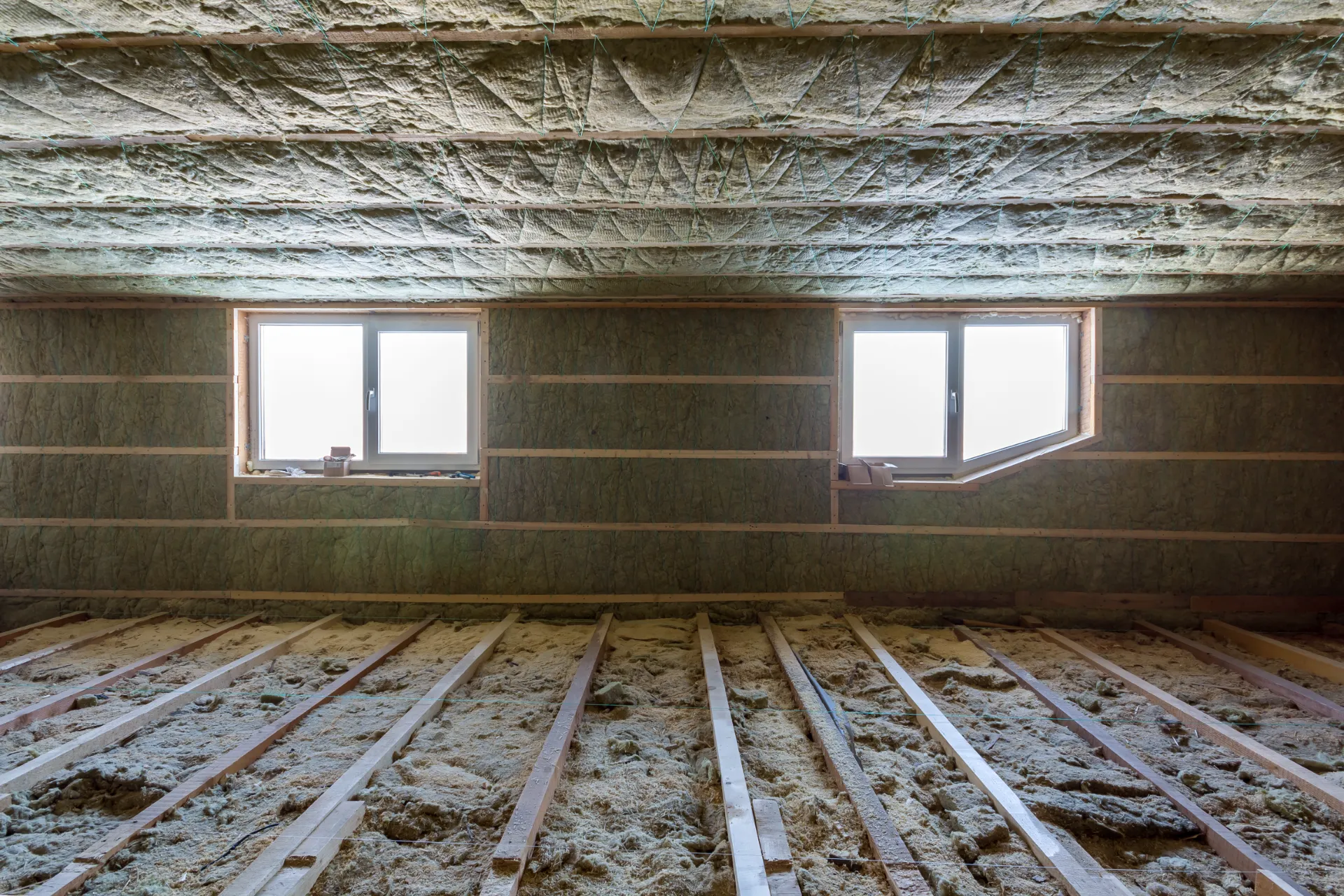
Beware of the Loft Insulation Scam
Importance of Loft Insulation scam
Loft insulation is an essential aspect of energy efficiency measures in a home. It helps to keep the heat inside the house, reducing the cost of heating and the cost of living crisis for residents. Properly installed loft insulation can also help to prevent damp and mold, which can be costly and damaging to a property. However, there have been cases of loft insulation scams that homeowners need to be aware of.

So how does the loft insulation scam work?
One common type of scam is when companies offer free or heavily discounted insulation but then pressure homeowners to pay for additional, unnecessary work. This can include spray foam insulation or other forms of insulation that may not be necessary for the property. In some cases, companies may even falsify information about the benefits or cost of insulation to convince homeowners to agree to the work. Some companies may also use high-pressure sales tactics, such as claiming that the insulation is a limited-time offer or that there is a deadline to take advantage of a government grant.

Beware of scammers offering spray foam insulation installed at a discount
Another type of scam is when cold callers contact homeowners, claiming to have information about government grants for insulation or other energy efficiency measures. These cold calls may be unsolicited, and the caller may use high-pressure sales tactics to convince the homeowner to agree to the work. Some scammers may even ask for personal information or payment upfront, which should be a red flag on any cold call or telephone call.
To protect yourself from these scams, it is important to get multiple quotes for insulation work and to do research on the company before agreeing to any work. Homeowners should also be aware of suspicious behaviour, such as cold calls claiming to have information about government grants or unsolicited door-to-door salespeople.

Don't fall for the High-pressure sales tactics and falsification of information
When getting a quote for insulation work, it's important to make sure the company is reputable and experienced. Look for companies that are registered with a trade association, such as the National Insulation Association or the British Spray foam Association. You can also check if the company is registered with the local council, which can provide more information about the company's reputation and customer satisfaction.
Homeowners should also be aware of the different types of insulation available. For example, glass fibre and cellulose are the most common types of insulation used in lofts, but there are also newer options like spray foam insulation that can be installed. It is important to research the pros and cons of different types of insulation before making a decision.
Always get multiple quotes and research the company. Never trust only one portal or website.
If you are unsure about a company's legitimacy, seek advice from Citizens Advice consumer service or a similar organization. You can also contact the Trading Standards team for advice. These organizations can provide information about a company's reputation and can help to identify any potential scams.
In conclusion, loft insulation is an important aspect of energy efficiency measures for homeowners. However, there are also scams that homeowners need to be aware of. By following the tips outlined above, homeowners can protect themselves and their property from fraudulent companies claiming to offer insulation services. Be aware of cold calls, door-to-door salespeople and suspicious behaviour. Contact Citizens Advice consumer service or the local council's trading standards team if you have any concerns. Remember to get multiple quotes, research the company, and make sure you are comfortable with the type of insulation that is being installed.